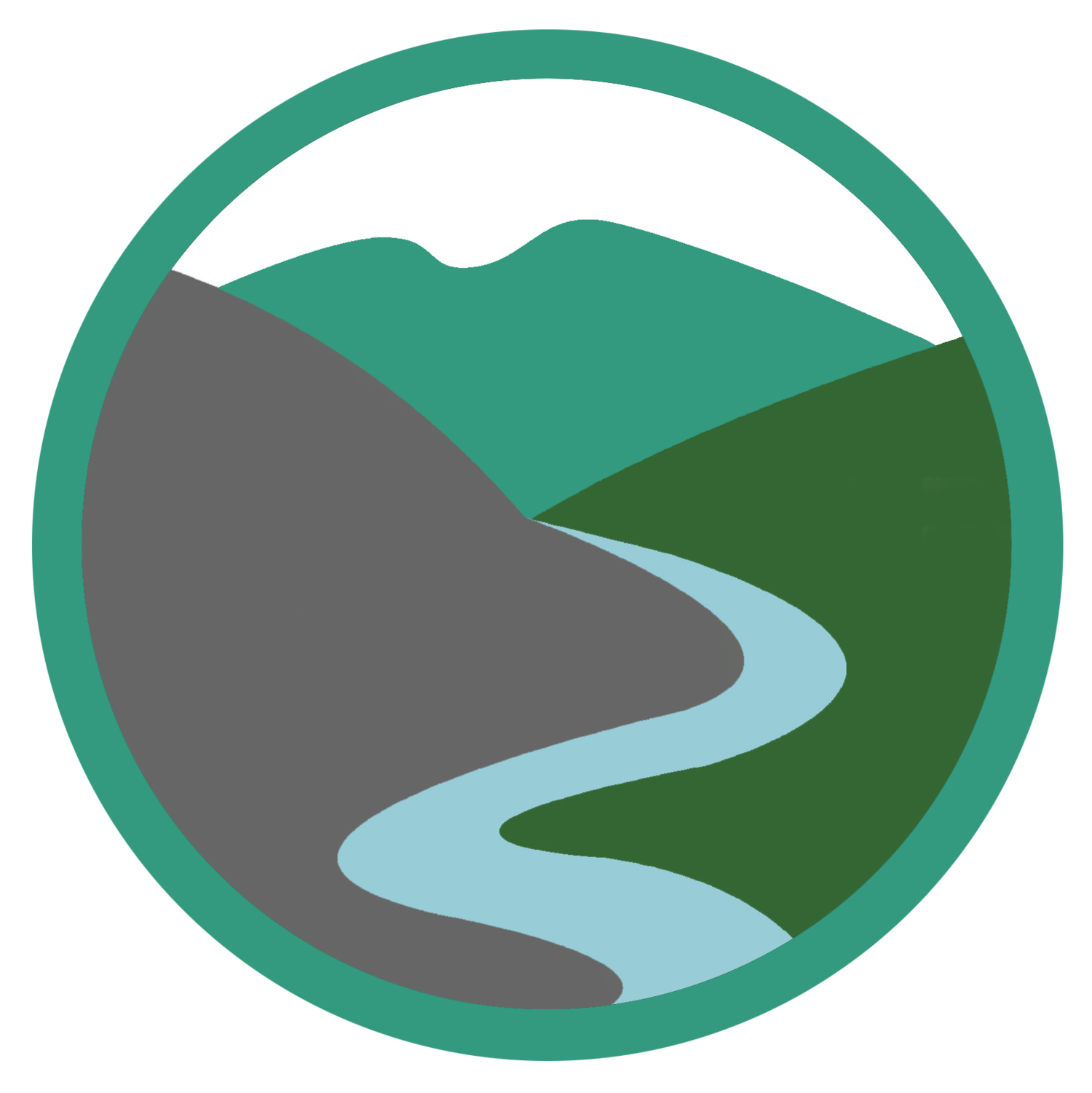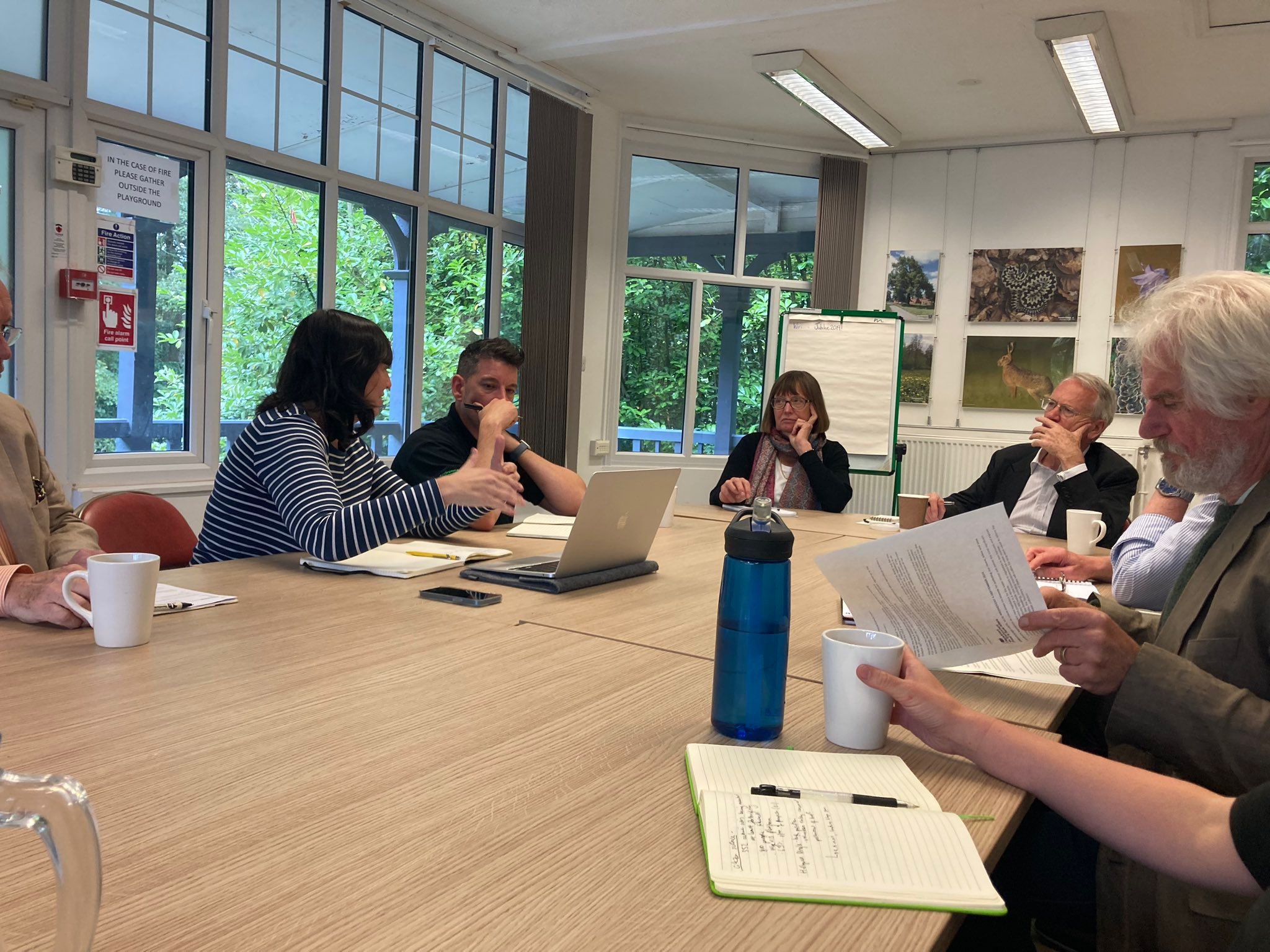Meeting with Environment Agency Chair Alan Lovell
Last week we had the opportunity to meet with the Chair of the Environment Agency, Alan Lovell, and some of his senior staff to discuss how citizen scientists could better collaborate with the agency to prevent pollution.
We raised concerns about the high levels of nutrients (both phosphate and nitrate) at the hundreds of sites we monitor across the catchment and showed Lovell our 'leaderboard of shame', highlighting the most polluted areas.
Lovell welcomed the voluntary effort involved in collecting citizen science data and we explored how the Environment Agency could use it more effectively.
One issue is that our data cannot be used in enforcement proceedings, so when there is a pollution incident, we need the Environment Agency to attend in a timely manner to collect their own readings and gather evidence before it washes downstream.
At the moment, when we flag up such incidents, we have to go through the EA's national call centre and unless the incident is very severe, it is liable to go unattended. Lovell and his team suggested that the EA may be able to offer a different 'triage path' which would prioritise reports from certain problem areas or if called in by named citizen science managers who could be trusted to identify priorities for attendance. We're keen to take this forward.
Lovell also proposed a monthly joint review of data and action between the EA and citizen science representatives, with a specific goal to identify the 3 worst areas in the English side of the Wye catchment for the EA to tackle. Again, we're eager to see this happen and of course we'd like Natural Resources Wales to replicate this initiative on the Welsh side.
When discussing various blocks to action - for example, a council being slow to approve a planning application for a slurry store - it was agreed that it would be beneficial for the various state bodies to talk to each other, including the relevant councils, to identify barriers and remove them. It was suggested that the Statutory Officers Group on the Nutrient Management Board could set up a 'crisis team' to resolve such issues speedily via case conferences. We hope this will be put into action.
Lovell admitted that the Environment Agency faces challenges when it comes to enforcement action against polluters, lacking adequate funding and resources for this area of their work.
All present welcomed the new government plans to give the EA greater powers to tackle pollution from water companies, specifically enabling fixed penalties to be given according to a civil standard rather than a criminal standard of proof and for the fines to be significantly higher. We need such powers extended to all polluters and would like similar tools to deal with agricultural pollution too.
We highlighted the case of one of the most polluted sites that we monitor in the Wye catchment, which suffers from repeated pollution incidents, and an EA staff member explained that they are currently in the 'advice and guidance' stage of dealing with this site - waiting for the farmer to propose an action plan to address the pollution. We expressed the view that it is extraordinary that any business is allowed to continue polluting the environment whilst setting their own timescale for remedying the problem.
We made the case that greater enforcement action is required, at pace, to prevent pollution and in order to create a fair playing field for all farmers and agricultural businesses. At the moment those farmers taking the time, trouble and expense to comply with environmental regulations can be undercut by less scrupulous actors who are unlikely to suffer any penalty for polluting the environment. This cannot continue.
We're grateful to Herefordshire Wildlife Trust for inviting Alan Lovell to the county and initiating this meeting at Queenswood Country Park, which was attended by Friends of the River Wye, CPRE Herefordshire, Wye Salmon Association and Save the Wye. We hope it marks the start of improved ongoing collaboration to help clean up our catchment and rescue our rivers.

